Socrates' Rooster- A story by Leopoldo Alas Clarín translated into English: part I

 Leopoldo Alas Clarín (1850-1901) was a journalist and author of novels and short stories active during the latter half of the nineteenth century. He remains a rather enigmatic figure in the Spanish literary world, leaving a legacy that encouraged the search for God and humanism simultaneously. This aberrant confluence has facilitated the presence of various interpretations regarding the author's writings, most noticeably of his masterpiece, La Regenta.
Leopoldo Alas Clarín (1850-1901) was a journalist and author of novels and short stories active during the latter half of the nineteenth century. He remains a rather enigmatic figure in the Spanish literary world, leaving a legacy that encouraged the search for God and humanism simultaneously. This aberrant confluence has facilitated the presence of various interpretations regarding the author's writings, most noticeably of his masterpiece, La Regenta.
(from Wikipedia) The following is a short story from 1896 entitled el gallo de Sócrates- Socrates' Rooster. It starts off where the Apology and Crito leave off, following the death of Socrates. Crito must carry out his master's last wish as he lay dying . . .
The following is a short story from 1896 entitled el gallo de Sócrates- Socrates' Rooster. It starts off where the Apology and Crito leave off, following the death of Socrates. Crito must carry out his master's last wish as he lay dying . . .
Socrates' Rooster
After closing his master’s eyes and mouth Crito left the rest of the disciples around the dead body and left the jail, prepared to make good, as soon as possible, on the last errand that Socrates had given him. Maybe it was in jest, but doubting whether it was in earnest or not, he interpreted it literally,
For upon dying and showing his disciples the sad, vulgar spectacle of his death, Socrates had said:
“Crito, we owe rooster to Esculapius, don’t forget to pay this debt,” and he spoke no more, these being his last words.
That request was sacred for Crito. He didn’t wish to analyze it, didn’t wish to examine if it were more realistic that Socrates has only told a slightly ironic joke. Or if it were the last will of his master, his last desire. Hadn’t Socrates, contrary to Antitus’ and Melitus’ calumny, always been respectful toward the popular cult and the official religion? Of he course he gave myths (which Crito didn’t refer to in this way, of course) a symbolic, philosophical as well as a very sublime and idealistic interpretation but, amidst his poetic and transcendental paraphrases, he still respected the faith of the Greeks including the positive religion and state cult.
A beautiful episode from his last speech demonstrated this well (Crito noted that sometimes Socrates, in spite of his philosophical system of questions and answers, he would forget about his listeners and speak at length in a very flowery manner). He had depicted the marvels of the other world with topographic detail which contained more traditional imagination than rigorous dialectic and austere philosophy. And Socrates hadn’t said he didn’t believe in all that. Although, neither did he affirm the reality of what he described with the absolute certitude of a fanatic.
But this wasn’t surprising in he who even in respect to his own ideas, such as those he had expounded to defend the immortality of the soul, he had admitted, with abnegation of his illusions and pride, the possibility that things weren’t as he imagined them. In the end, Crito didn’t intend to contradict his master’s philosophical system or conduct by looking for a rooster to offer the god of medicine. And that as soon as possible.
As if Providence were with him, as soon as Crito went a hundred steps from Socrates’ prison he saw a strutting rooster with splendid plumage on top of a garden wall in a kind of solitary square. The bird has just hopped from a garden to the top of the wall and he was getting ready to jump into the street. He was a rooster in flight, a rooster freeing himself from wretched slavery.
To be continued in parts II and III . . . . .
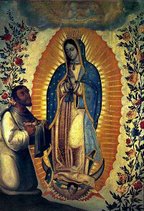
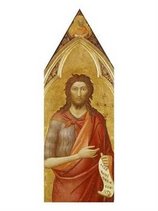


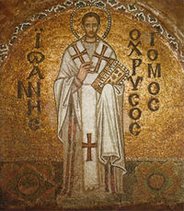
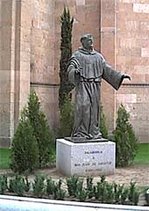

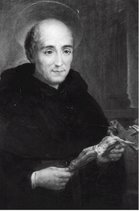
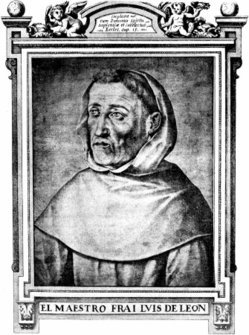
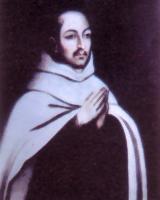


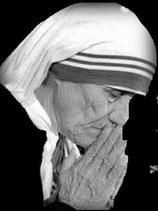
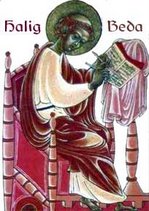
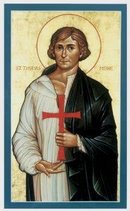
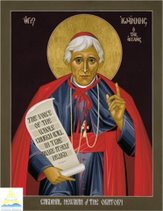




No comments:
Post a Comment